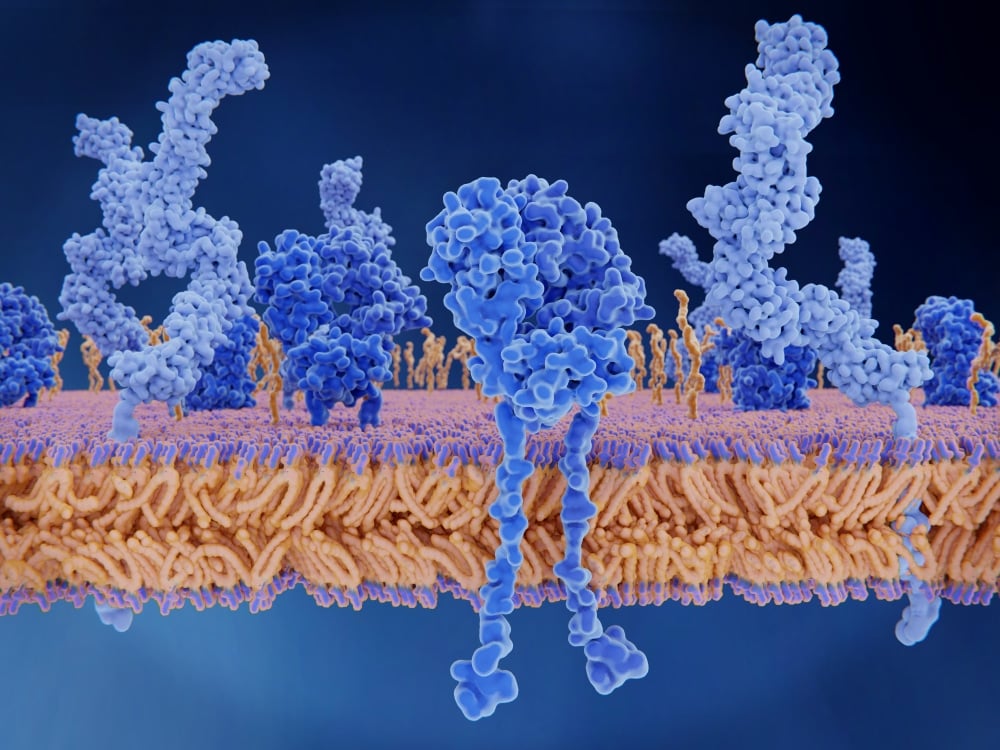LabGenius, which uses machine learning (ML) for antibody discovery, has presented data in a poster presentation at the Protein Engineering and Biotherapeutics (PEGS) annual meeting. The data were from LabGenius’ T-cell engager (TCE) lead optimization platform, which delivered highly potent and efficacious single-domain antibodies with best-in-class killing selectivity.
Optimizing antibody therapeutics across multiple properties is challenging, especially for TCEs. As a result, many existing immunotherapies have poor selective cell killing profiles, which can result in on-target, off-tumor toxicity and the discontinuation of treatment. On-target, off-tumor effects occur due to the presence of a target antigen across multiple tissue types, meaning that healthy tissues are also targeted and get caught in the cross-fire.
LabGenius’ ML-driven platform can be used for the simultaneous optimization of potency, efficacy, tumor cell selectivity and developability. In the demonstration study, LabGenius’ platform was used to co-optimize VHH-based HER2xCD3 TCEs, which resulted in the delivery of novel highly selective, high-performing molecules with non-intuitive design features.
The top performing molecules demonstrated ≥10,000-fold killing selectivity, corresponding to a >400-fold improvement over a relevant clinical benchmark, Runimotamab (a TCE currently in phase I clinical trials).
LabGenius is leveraging this target and format-agnostic platform technology across both partnered programs and a pipeline of wholly-owned TCEs.
LabGenius is transforming cancer treatment
“Antibody-based immunotherapies, including TCEs, have the potential to transform the way we approach cancer treatment,” said LabGenius’ chief scientific officer, Gino Van Heeke.
“This demonstration study has delivered impressive results, verifying that LabGenius’ ML-driven platform can modify a molecule’s design to overcome existing therapeutic shortcomings. This platform technology is now being applied to the TCEs in our wholly-owned pipeline so that our lead optimization capability can deliver benefits for patients.”
CEO and founder, James Field, said the results represent “a significant milestone for the company because it clearly demonstrates our platform’s ability to accelerate the discovery of highly targeted molecules that could alleviate the toxic side effects associated with existing immunotherapies. We’re delighted to offer this unique capability to our partners, whilst also applying the technology to our own pipeline of therapeutic assets.”
T-cell engagers
A T-cell engager (TCE) is a type of immunotherapy designed to activate a patient’s immune system to attack cancer cells. TCEs work by binding to both T-cells, which are a type of white blood cell that play a key role in the immune response, and cancer cells. By bridging these two cell types, TCEs activate the T-cells to attack and kill the cancer cells.





